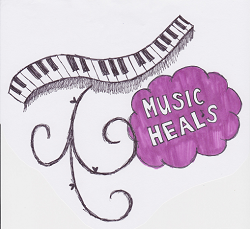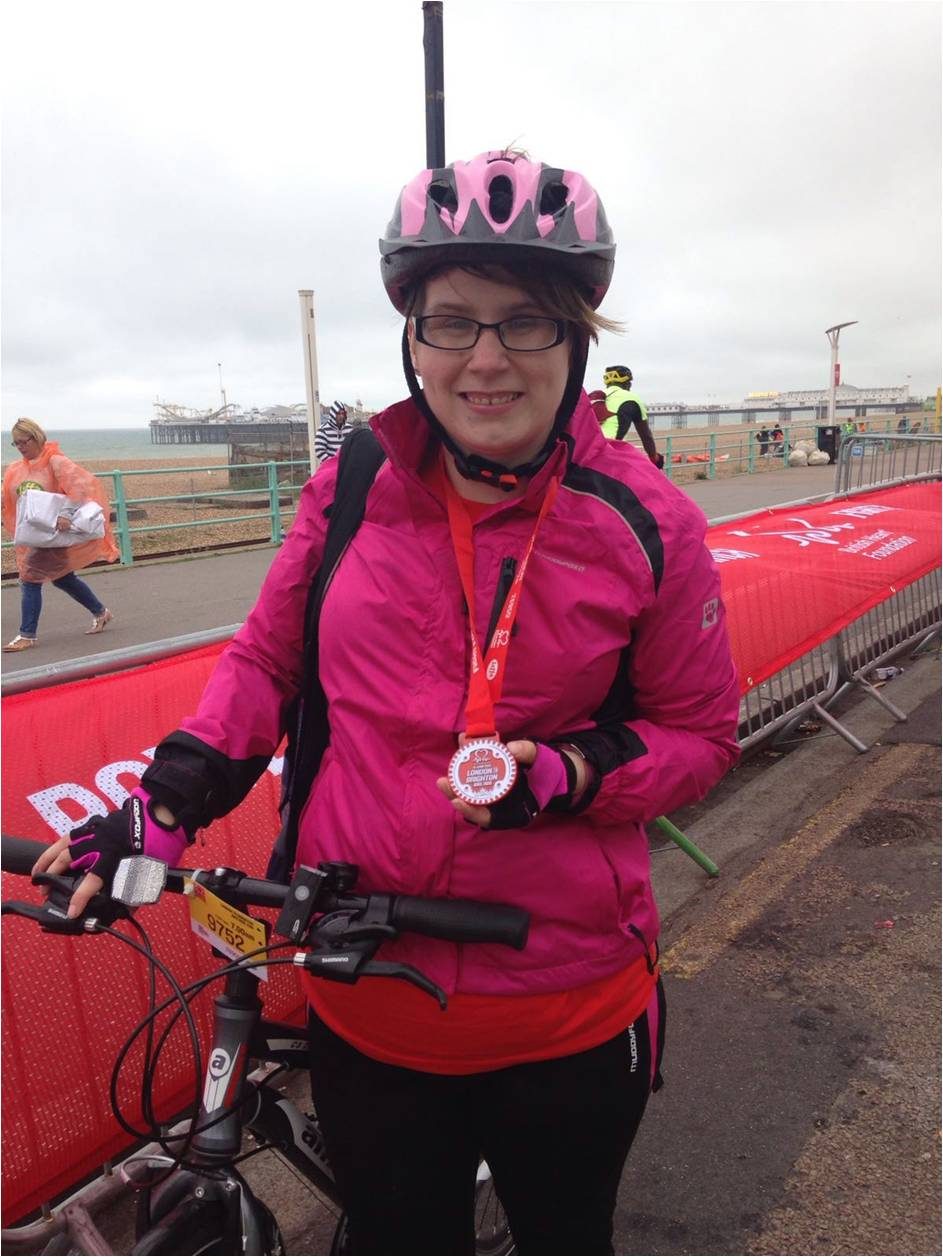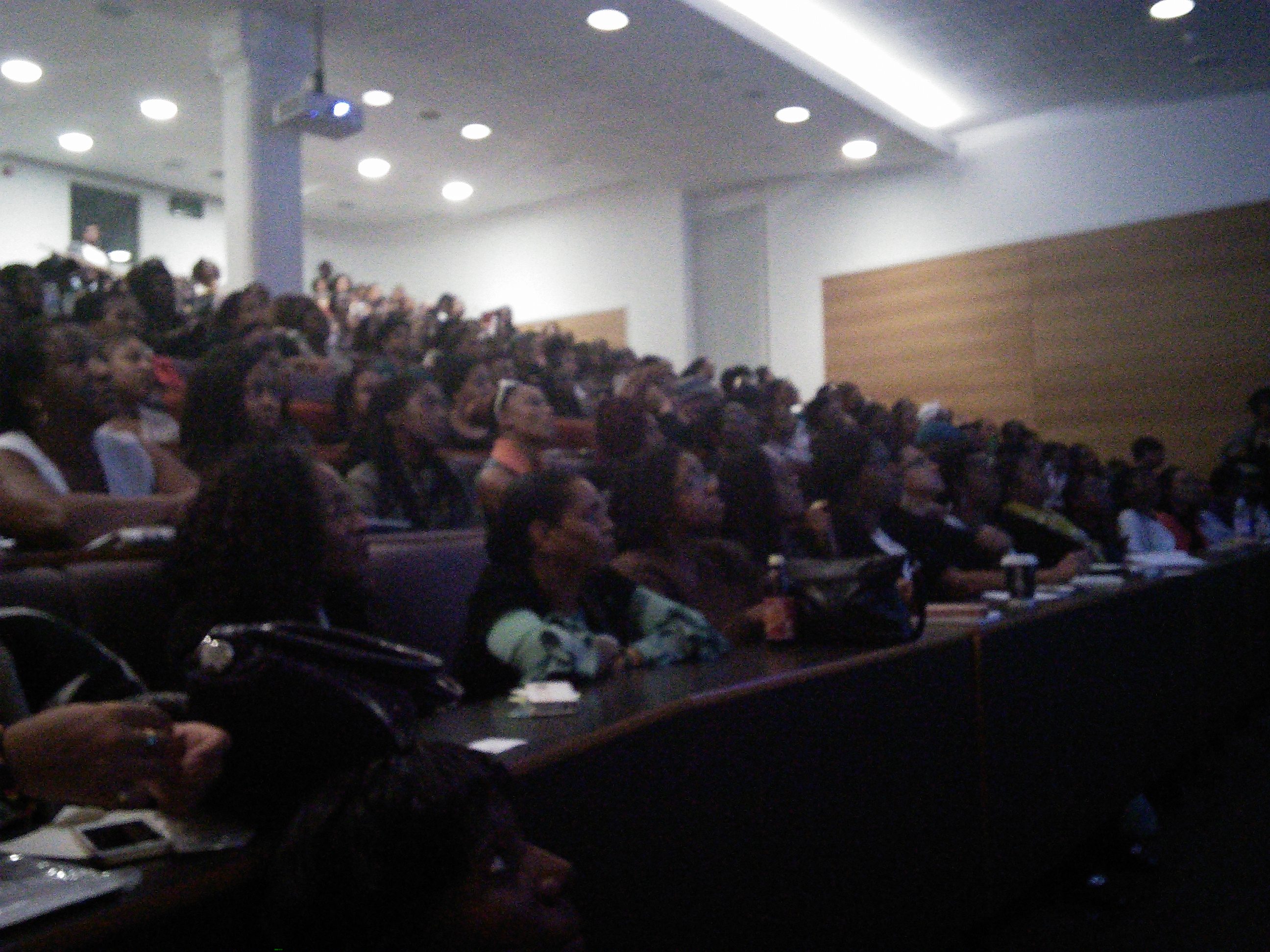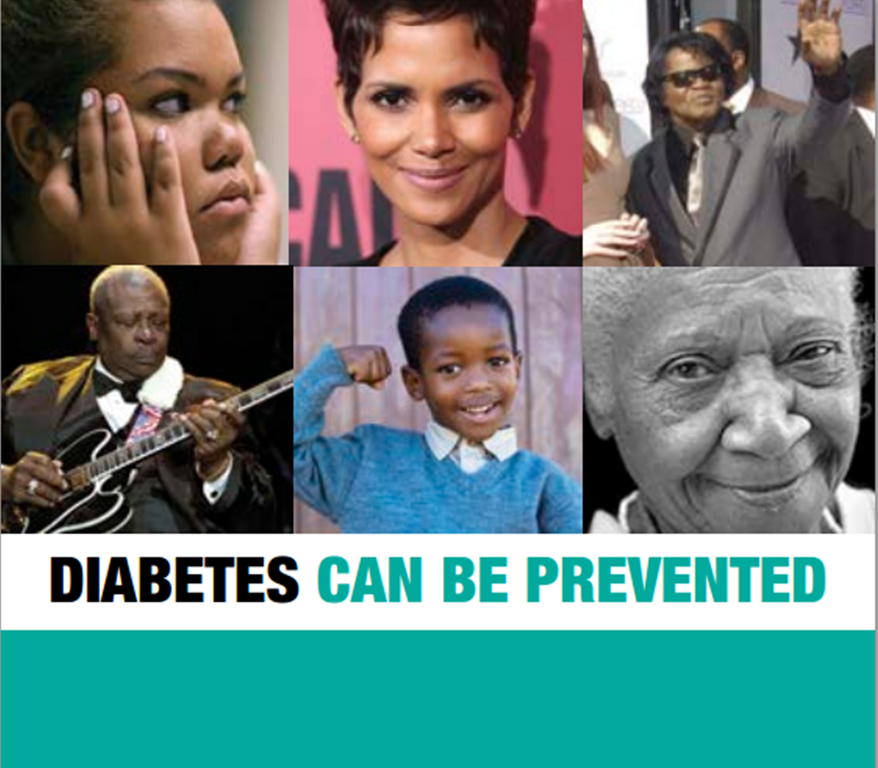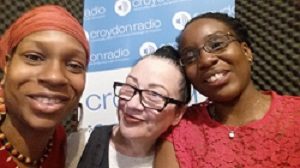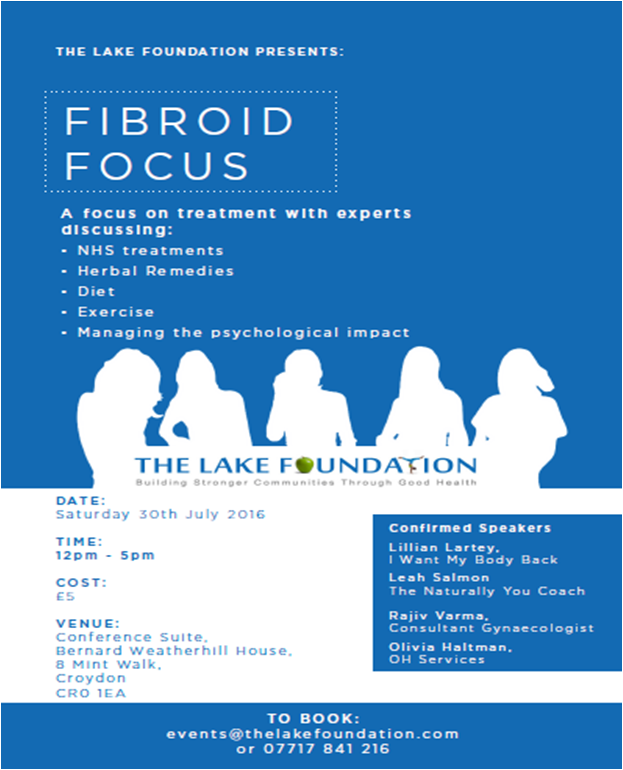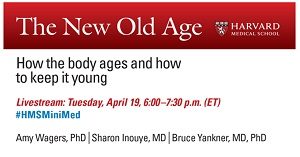“I barely could cycle very far but after a few months of cycling with the club I was able to cycle 20-23 miles”
Hi there, my name is Samantha and I’m writing this blog about the exciting cycle journeys with the Lake Foundation.
I joined the Lake Foundation cycling club after deciding to up my fitness levels and try out my new bike that I had brought. I found out about the club through my local leisure centre. It had been years since I rode a bike and at first, I lacked motivation getting back onto a bike but finding a group of like-minded people inspired me
By riding with the Lake Foundation twice a month my confidence has boosted, It’s the best way to progress your cycling. You learn how to ride safely and efficiently in a group with trained instructors and it’s far easier to head out for a training ride knowing you’ll be with a group of mates rather than on your own. Cycling really helps you feel physically stronger, it is a great stress buster and I always feel refreshed and relaxed after a ride even if my legs ache a bit.
The best part is that when I first started, I barely could cycle very far but after a few months of cycling with the club, I was able to cycle 20-23 miles. Now I can cycle around 11-13 mph. In May 16, My friend asked me to join her team to cycle London to Brighton 54 miles. I knew that it would be a big challenge for me but with all of the cycling with the group, I felt confident that I could achieve my goal.
I made it to Brighton in 8 hours. It was hard and gruelling work. At some points, I wanted to give up but I kept going! I’m still feeling the pain now. The first time you see Brighton in front you of is shortly after Ditchling Common it is an amazing sight. I used my GPS to track my journey as I went along and the steepest section was a 30.6% gradient. I prepared in advance for the Beacon by training in the gym alongside the cycling. I’d say that at least 80% of the people I saw on the incline had resorted to walking. Although it was hard work I just kept pushing on, and as I got closer to the top I was rewarded with the most amazing views. Then before I knew it the gradient reduced and I had conquered the Beacon! The best feeling ever! and knowing that it was downhill from there. I had an amazing day of cycling and I loved doing it as part of a team. I would definitely ride it again in the future.
I would most defiantly recommend taking up cycling and joining the Lake Foundation cycling club as it is an amazing way to get to places and when it’s a challenging ride it feels like a real good achievement. You’ll need a reasonable level of fitness but you definitely don’t need to be a super fit racer. It is much more fun riding as a group and there’s sometimes a café stop on the journeys.








